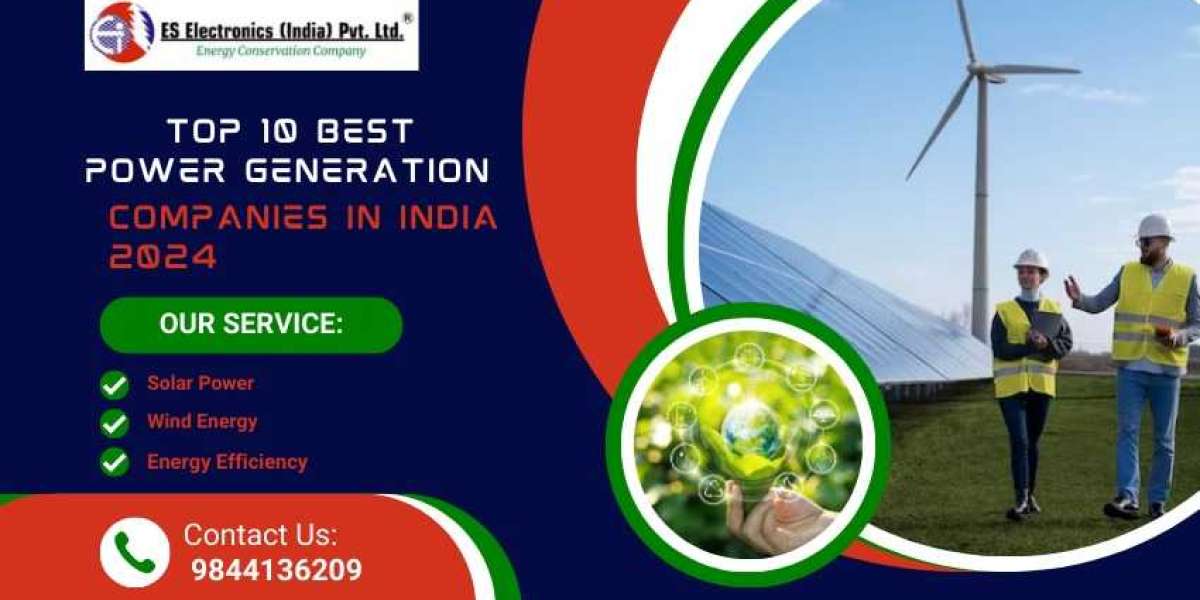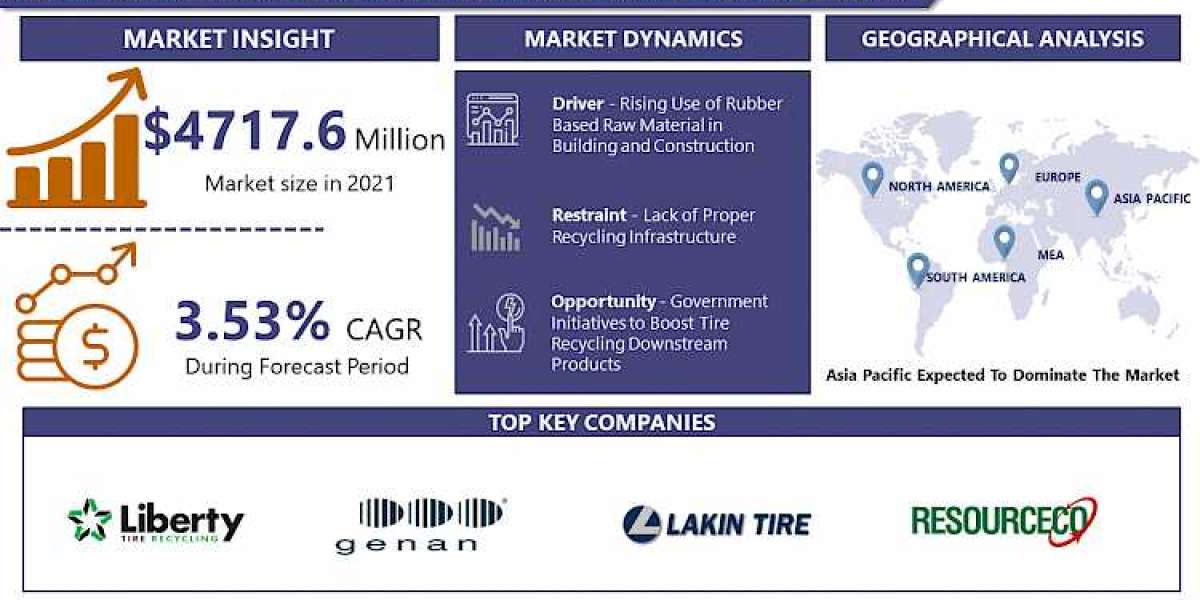The value chain of the Indian power sector can be divided into the
power companies, the transportation sector, and the distribution sector. According to the latest estimates, the installed generation capacity of India was 3,56,100.19 MW (provisional). Accordingly, 1,75,528 MW of peak load requirement was largely met during FY 2018–19 despite a 1494 MW (0.8%) supply shortage during that period. There were a lot of power shortages in the industry until recently due to a lack of generation capacity, but that has now changed.
Throughout the next five years, the Central Electricity Authority (CEA) predicts that existing generation capacity, coupled with power projects that will be put into service during this time, will be enough to meet energy demand growth.
In the transmission sector, India’s regional networks (Northern, Eastern, Western, North-Eastern, and Southern) are currently incorporated into a single national grid. At the end of the 12th master plan (2012–2017), India’s interregional transmission capacity will be approximately 75,050 MW. India’s regional energy needs are projected to be met by roughly 1,18,050 MW by the end of the 13th Plan (2017–2022).
Network, loop, and radial systems
There are three types of distribution systems: radial, loop-based, and network-based.
Usually, all three components are combined, and this happens frequently. Radial distribution systems are the least expensive to construct, and they are commonly used in areas without much population.
As part of a radial distribution system, one power source is shared by several clients. Outages, short circuits, or downed power lines would interrupt the current power line, which would require repair before electricity could be restored.
In the event that a line fault results in a power outage, the utility needs to identify and move the fault as soon as possible. After the actual defect has been identified, it can be fixed with the least amount of disruption to the client. Loop systems cost more than radial systems because more switches and conductors are required, but the higher reliability often makes them worthwhile.
The most challenging loop systems are interconnected network systems. Several different power sources can be connected to one client at the same time. One of the major benefits of such a system is its increased reliability. However, there is a high cost associated with this. Thus, urban areas with dense populations tend to use it.
1. NTPC Limited
– Company Overview: NTPC Limited is the largest power generation company in India, with an installed capacity of over 65,000 MW.
– Key Attributes: NTPC is known for its operational efficiency, reliability, and high standards of corporate governance.
– Projects: The company owns and operates a wide range of power plants, including thermal, hydro, and renewable energy projects.
2. Tata Power Limited
– Company Overview: Tata Power Limited is a renowned power generation company in India, with a presence in both conventional and renewable energy sources.
– Key Attributes: Tata Power is known for its commitment to sustainability, adopting renewable energy technologies, and investing in carbon-neutral projects.
– Projects: The company owns and operates a diverse portfolio of power plants, including thermal, hydro, solar, and wind projects.
3. Adani Power Limited
– Company Overview: Adani Power Limited is a leading player in the power generation sector in India, with a focus on thermal power plants.
– Key Attributes: Adani Power is known for its strong financial position, with a focus on operational efficiency and delivering reliable power supply.
– Projects: The company currently operates and maintains several power plants across India, with a focus on coal-based power generation.
4. Reliance Power Limited
– Company Overview: Reliance Power Limited is a leading independent power producer in India, with expertise in thermal and hydroelectric power generation.
– Key Attributes: Reliance Power focuses on sustainable power generation and is committed to reducing its carbon footprint.
– Projects: The company owns and operates power plants across several states in India, with a focus on coal, gas, and hydroelectric power generation.
5. JSW Energy Limited
– Company Overview: JSW Energy Limited is a diversified energy conglomerate, with a significant presence in the power generation sector.
– Key Attributes: JSW Energy emphasizes renewable and clean energy generation, with a focus on solar and wind power projects.
– Projects: The company owns and operates renewable energy power plants, including solar and wind farms, as well as thermal power plants.
6. General Motors Powertrain India Limited
– Company Overview: General Motors Powertrain India Limited is a leading player in the power generation sector, with a focus on diesel and natural gas power plants.
– Key Attributes: General Motors Powertrain India is renowned for its technical expertise, fuel efficiency, and reliable power generation capabilities.
– Projects: The company owns and operates power plants across India, with a focus on diesel and gas-based power plants.
7. Essar Power Limited
– Company Overview: Essar Power Limited is a power generation company with a focus on thermal power plants.
– Key Attributes: Essar Power prioritizes sustainable practices and is committed to reducing its environmental impact.
– Projects: The company owns and operates power plants across India, with a focus on coal-based power generation.
8. Lanco Infratech Limited
– Company Overview: Lanco Infratech Limited is primarily engaged in infrastructure development, with a significant presence in the power generation sector.
– Key Attributes: Lanco Infratech emphasizes sustainable growth and is committed to investing in clean and renewable energy sources.
– Projects: The company owns and operates power plants across several states in India, with a focus on thermal and hydroelectric power generation.
9. GMR Group
– Company Overview: GMR Group is a renowned infrastructure development conglomerate, with a significant presence in the power generation sector.
– Key Attributes: GMR Group focuses on renewable and clean energy generation, with a strong emphasis on hydroelectric power projects.
– Projects: The company owns and operates power plants across several states in India, with a focus on hydroelectric power generation.
10. Reliance New Energy Solar Limited
– Company Overview: Reliance New Energy Solar Limited is a subsidiary of Reliance Industries Limited, with a focus on renewable energy projects and solar power generation.
– Key Attributes: Reliance New Energy Solar Limited is committed to sustainable power generation and is actively investing in solar energy projects.
– Projects: The company owns and operates solar power plants across India, with a focus on solar energy generation.
Please note that these rankings are subject to change and are based on current market trends and data as of 2024.
 온라인 카지노 사이트의 세계 탐색
By david
온라인 카지노 사이트의 세계 탐색
By david Make love and feature genuine satisfaction with elegant Udaipur call ladies
By vicky9680
Make love and feature genuine satisfaction with elegant Udaipur call ladies
By vicky9680 Your Trustworthy Haven: Discover Verified and Reliable Online Services
By worksale
Your Trustworthy Haven: Discover Verified and Reliable Online Services
By worksale Приобрести сертификаты о профессиональном обучении
By worksale
Приобрести сертификаты о профессиональном обучении
By worksale Unemployment Blues: Talk To Yourself
By admin
Unemployment Blues: Talk To Yourself
By admin


